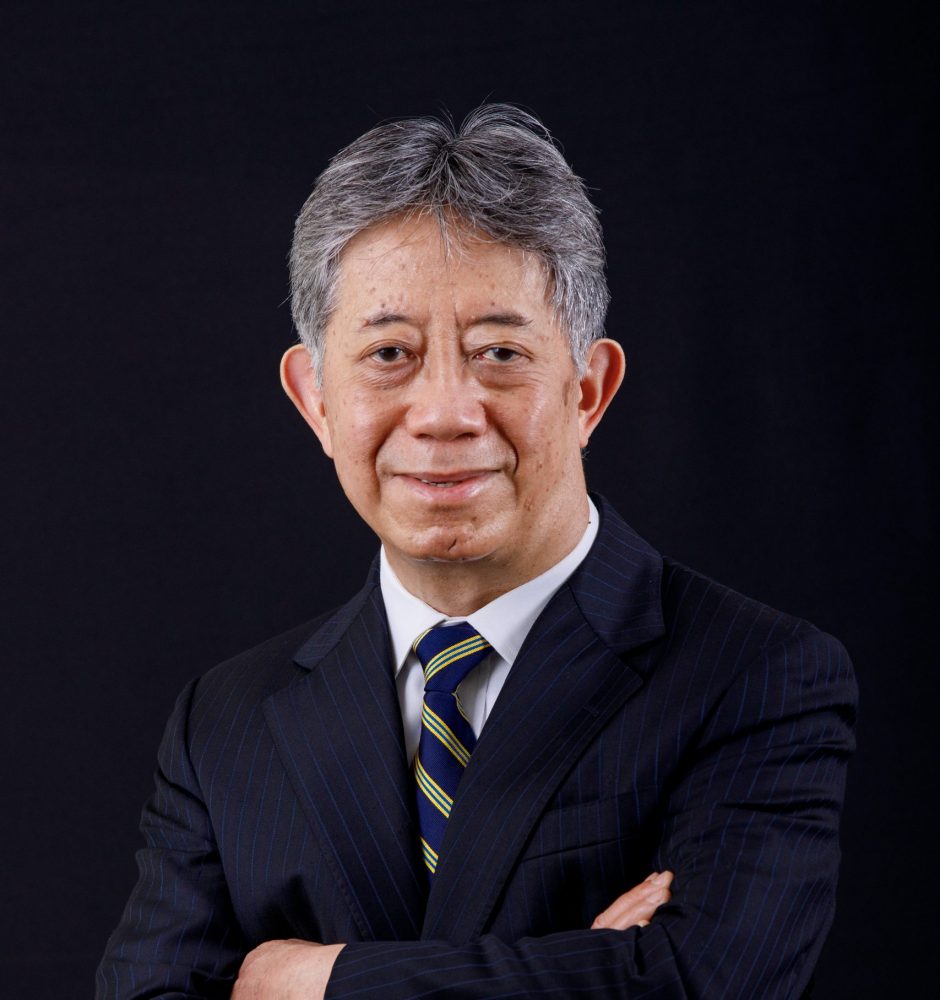To the surprise of most, consensus was readily reached on a truce at the recent tariff talks between China and the US in Geneva. For the time being, tariff rates have reverted to the levels prior to the so-called “Liberation Day”, though the international landscape can hardly return to its previous state. The US president Donald Trump has been manipulating “negotiation tactics”, with the asking price constantly fluctuating―now high, now low; now real, now fake.

- AB (Chicago), MA, PhD (Cornell)
Dr. Luk joined HKU in 1993 and retired from his full-time position in 2017. He is currently teaching part-time in FBE.
- Global Economy, Money and Banking
- Global Economy, Money and Banking, Economies of China and Hong Kong
- Former Director, School of Economics and Finance, HKU
- Former Associate Dean, Faculty of Business and Economics, HKU
On “Liberation Day”, US President Donald Trump announced a sweeping plan to impose reciprocal tariffs—taxes that exceeded market expectations and triggered immediate shocks across financial markets. According to Yale’s Budget Lab, these tariffs could raise short-term inflation in the US by 2.3%, reduce household spending by an average of US$3,800, and lower the country’s 2025 GDP growth rate by 0.9%. Dr Y.F. Luk, Honorary Associate Professor at HKU Business School, noted that for the Trump administration, tariffs served both as a policy tool and a political signal. While they could generate government revenue, they were unlikely to replace major taxes. Tariffs might drive limited reindustrialisation, but reviving America’s manufacturing golden age remained uncertain. He also commented that Industrial development takes time, and it’s unclear how long the US economy can withstand sustained high tariffs.
Since Trump took office for a second time, a flurry of policies has emerged, implemented with remarkable speed and decisiveness. In just over a month, the changes have been more significant than those made by any newly appointed head of state, leaving many astonished.
Donald Trump is set to return as President of the United States, ushering in the era of Trump 2.0. His new agenda focuses on tax cuts, reducing trade deficits, and limiting immigration. Trump aims to maintain low tax rates and has proposed a revamped tax structure in his "2025 Plan," which could worsen income inequality. Dr. Luk noted that while Trump's tax policies may stimulate the economy, they could also increase national debt and impact social welfare spending, thereby challenging government operations.
Donald Trump is set to return as President of the United States, ushering in the era of Trump 2.0. His new agenda focuses on tax cuts, reducing trade deficits, and limiting immigration. Trump aims to maintain low tax rates and has proposed a revamped tax structure in his "2025 Plan," which could worsen income inequality. Dr. Luk noted that while Trump's tax policies may stimulate the economy, they could also increase national debt and impact social welfare spending, thereby challenging government operations.
With Trump’s recent victory in the U.S. presidential election, the new administration is set to appoint a fresh slate of department heads. However, the position of Federal Reserve Chair Jerome Powell will remain unchanged. Despite being Trump’s nominee, Powell has often found himself at odds with the President, particularly over interest rate hikes, which Trump has publicly criticized.
With Trump’s recent victory in the U.S. presidential election, the new administration is set to appoint a fresh slate of department heads. However, the position of Federal Reserve Chair Jerome Powell will remain unchanged. Despite being Trump’s nominee, Powell has often found himself at odds with the President, particularly over interest rate hikes, which Trump has publicly criticized.
In the highly anticipated US presidential election, regardless of the outcome, the elected candidate will significantly impact the international political and economic landscape. Trump's foreign economic policy during his first term has already become apparent, with a strong focus on using tariffs as a negotiation tool. If re-elected, he intends to impose tariffs of up to 60% to 100% on Chinese products and 10% to 20% on goods from other countries.
In the highly anticipated US presidential election, regardless of the outcome, the elected candidate will significantly impact the international political and economic landscape. Trump's foreign economic policy during his first term has already become apparent, with a strong focus on using tariffs as a negotiation tool. If re-elected, he intends to impose tariffs of up to 60% to 100% on Chinese products and 10% to 20% on goods from other countries.
The upcoming US presidential election is poised to be a historic one, with its outcome closely tied to economic performance. Recent events, including the Russia-Ukraine war, soaring inflation, and the US-China tech rivalry, have created a turbulent global landscape. Voters are primarily concerned with economic issues, employment, healthcare, and immigration.





